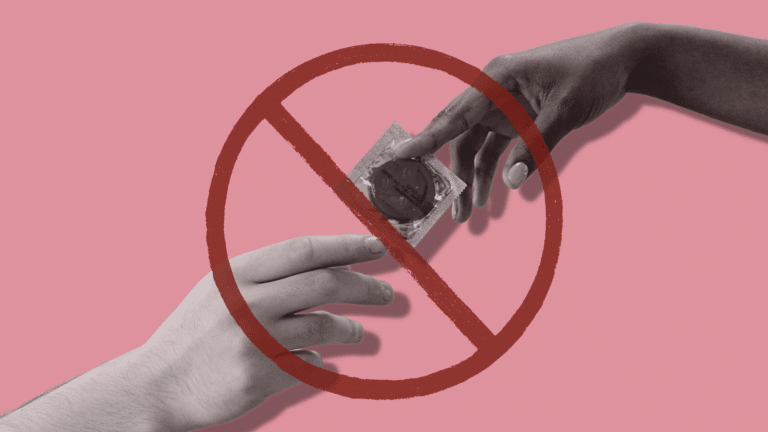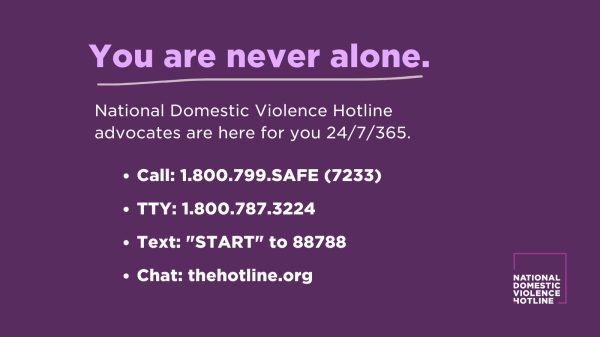
As a part of domestic violence awareness month, it is important to recognize the different ways that abuse can show up in relationships and support those who have been through these experiences or are currently in unhealthy relationships.
“Domestic abuse, also called “domestic violence” or “intimate partner violence,” can be defined as a pattern of behavior in any relationship that is used to gain or maintain power and control over an intimate partner.” (Source, Un.org)
This exertion of power can be through physical, emotional, financial, or sexual abuse. Reproductive coercion is one of the least commonly talked about forms of abuse, while certainly one of the most impactful on the trajectory of someone’s life.
Reproductive Coercion is when someone exerts power and control over someone’s reproductive rights. A person may see pregnancy as a way to keep their partner in their life, even if their partner doesn’t want to get pregnant. This may sound extreme or like something from a psychological thriller movie, but it happens more than people think.
Although all genders can be coerced, an August 2019 study found that of 550 sexually active high school females, one in eight had experienced reproductive coercion in the past three months. This type of abuse can look like:
The American College of Obstetricians and Gynecologists (ACOG) is starting to provide screening questions for healthcare providers to look for red flags related to reproductive coercion. While this helps identify reproductive coercion, we want everyone to know additional ways to seek help and how to respond if someone discloses that they are experiencing reproductive coercion.

Your friend may be hesitant to reach out for help at first. Keep the door open for future conversations. Every situation is different, but the best thing anyone can do is lead with compassion and listen.
© A Step Ahead Chattanooga 2024 and website designed by Brightside Creates.
We collect cookies to analyze our website traffic and performance; we never share any personal data. View our Privacy Policy.